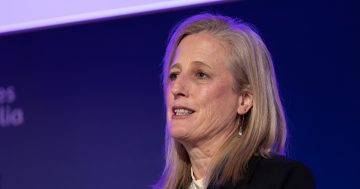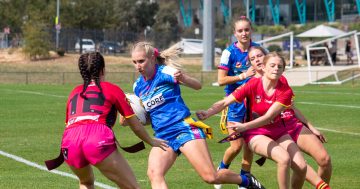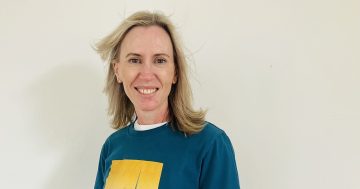By Miranda Ward.
 Australians believe there are more women running the largest organisations in the world than there actually are, a new report has revealed.
Australians believe there are more women running the largest organisations in the world than there actually are, a new report has revealed.
However, progress is being made on female representation on ASX 200 boards.
Australians overestimate women’s representation in business leadership, wrongly thinking that 12 per cent of CEOs in the largest 500 organisations around the world are women when it is actually four times less than that (3 per cent), according to Ipsos’s new study, Global Misperceptions of Equality and the Need to Press for Progress.
The survey was conducted in 27 countries via the Ipsos Online Panel system, including Argentina, Australia, Belgium, Brazil, Canada, Chile, China, France, Great Britain, Germany, Hungary, India, Italy, Japan, Malaysia, Mexico, Peru, Poland, Russia, Saudi Arabia, Serbia, South Africa, South Korea, Spain, Sweden, Turkey and the USA.
In total, 19,428 were interviewed between 26 January and 9 February, with approximately 1,000 individuals aged 16–64 surveyed in Australia.
According to Australian Institute of Company Directors (AICD), women now account for 26.7 per cent of ASX 200 directorships, with a total of five boards in the ASX 200 without any female representation, down from 14 on International Women’s Day last year.
AICD Chairwoman, Elizabeth Proust told 9Finance: “If equality means 50 per cent, then we’re halfway there.”
“The figures released today is one of the highest rates in the world outside countries with quotas.”
“We’re ahead of America but behind the UK.”
“We’re very far ahead of Asia.”
The body has a goal of women accounting for 30 per cent of ASX 200 directorships, with Ms Proust viewing that figure as a “stepping stone”.
For the first two months of 2018, women accounted for 47 per cent of ASX 200 board appointments, up from 36 per cent in 2017.
“While this news is encouraging, it is only reflective of the first two months of 2018,” she said.
“We’ll need sustained momentum of this kind if we are to reach our goal of 30 per cent female representation across the ASX 200 by the end of the year.”
“The boards of our largest companies have 10 months to prove to the community that they take the issue of gender diversity seriously.”
“Greater diversity on boards is vital to the future of good governance in Australia.”
“Diverse boards and leadership teams lead to better outcomes for shareholders and stakeholders alike.”
“They lead to greater innovation and better bottom lines.”
Pay and economic equality were also flagged in the Ipsos report as significant issues facing women globally, with nearly half of respondents optimistic that equality between men and women will be achieved in their lifetime.
According to the study, Americans think women will be paid equally with men by 2028, however the report suggests the gap won’t actually be closed until 2059.
In Britain people are even more wildly optimistic.
People think equal pay in the UK will be achieved in 2035 whereas the study suggests it won’t actually be until 2117.
Australians think equality globally will be reached in 40 years, however, according to The World Economic Forum, global economic equality will not be achieved for another 217 years, at the current rate of progress.
* Miranda Ward is a senior journalist with nine.com.au in Sydney. She tweets at @mirandaleigh90.
This article first appeared at finance.nine.com.au.











